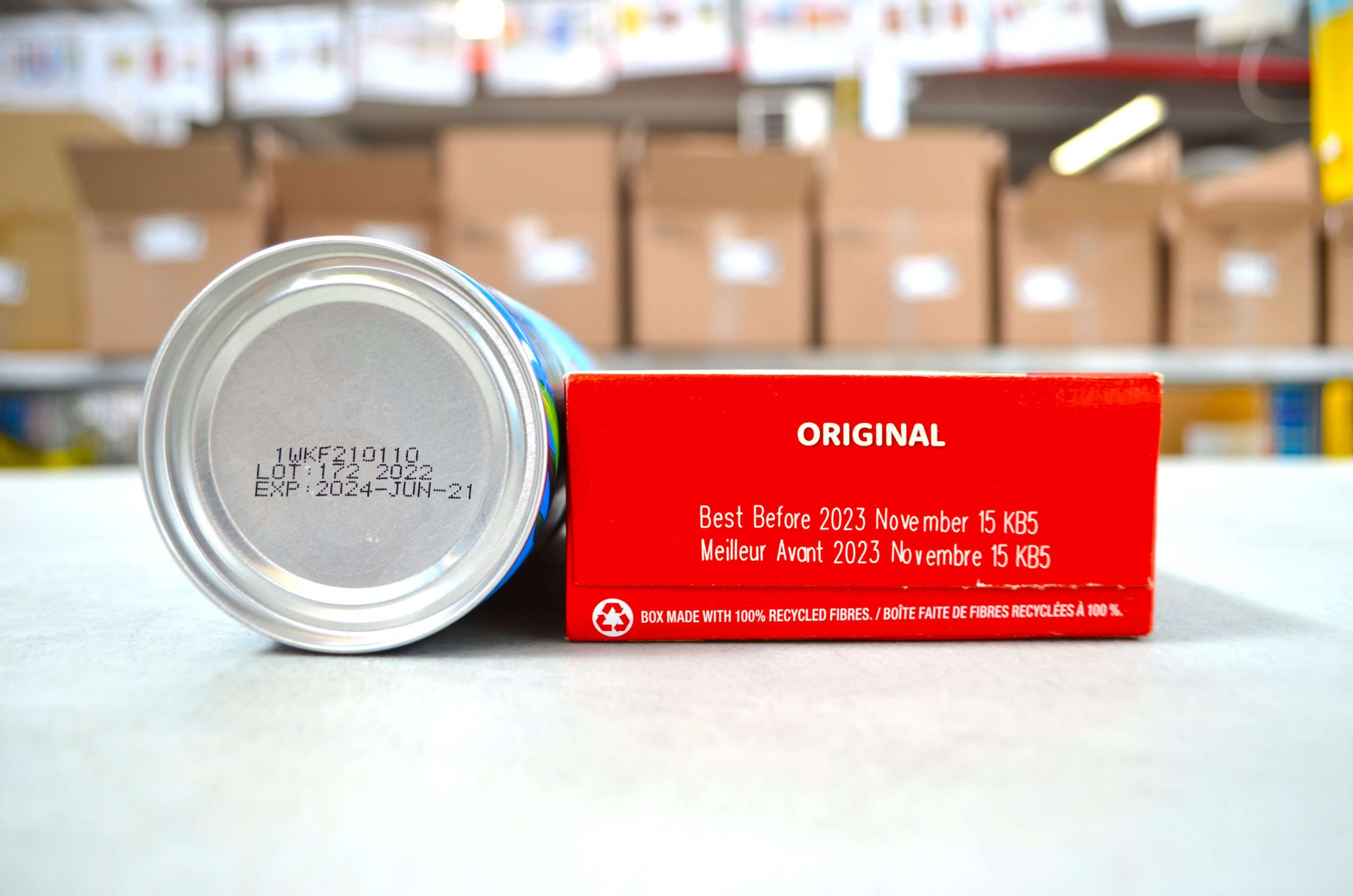
When it comes to food, it’s safe to say that there is a common misconception around “best before” and “expiration” dates. What’s the difference between the two, and why is it so important that you know what each means?
The best before date on a food package states the period of time that the product is at its peak quality, according to the manufacturer. Best before dates refer to the organoleptic characteristics of the food, which is another way of talking about the taste, texture, colour and odor of the item. In fact, these characteristics aren’t directly related to food safety. If we look at a bag of chips for example, you might experience that when you eat the chips beyond the best before date, they may have less crunch than what you expected, but they are still safe to consume.
Expiration dates, on the other hand, are focused on food safety. The expiration date is designed to let the consumer know which day is the last one that a product is safe for consumption. These dates are typically found on items such as meat, eggs and milk.
The distribution of a food item that is beyond its best before date is a practice that complies with the guidelines set up by Toronto Public Health (TPH). Product shelf-life studies have been completed to establish the timelines that a product is safe for consumption without posing any food-borne illnesses or any other food safety risks. According to TPH, most shelf stable items are safe for consumption up to 12 months after their best before date, if stored under the required conditions.
If you’re looking for ways to extend the shelf life of an item, here are some tips:
Each year we receive over 8 million pounds of donated food inventory from food manufacturers, processors, retailers, farms and more. In fact, once we receive these food items, we mobilize our teams to sort and distribute them as quickly as possible to hundreds of food programs across Toronto. Daily Bread’s kitchen also turns surplus produce into hearty soups and casseroles, which then get sent out through our meal programs.
If you are interested in supporting Daily Bread’s vital food programs, please donate today.